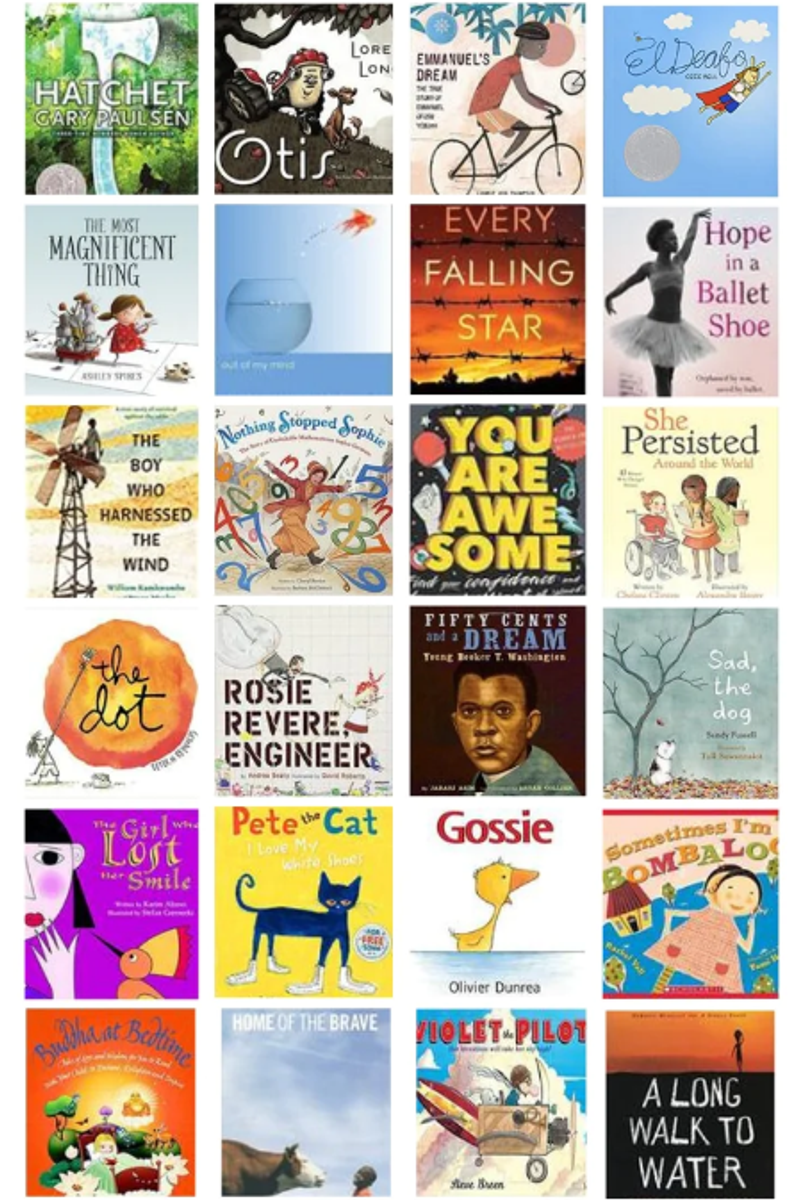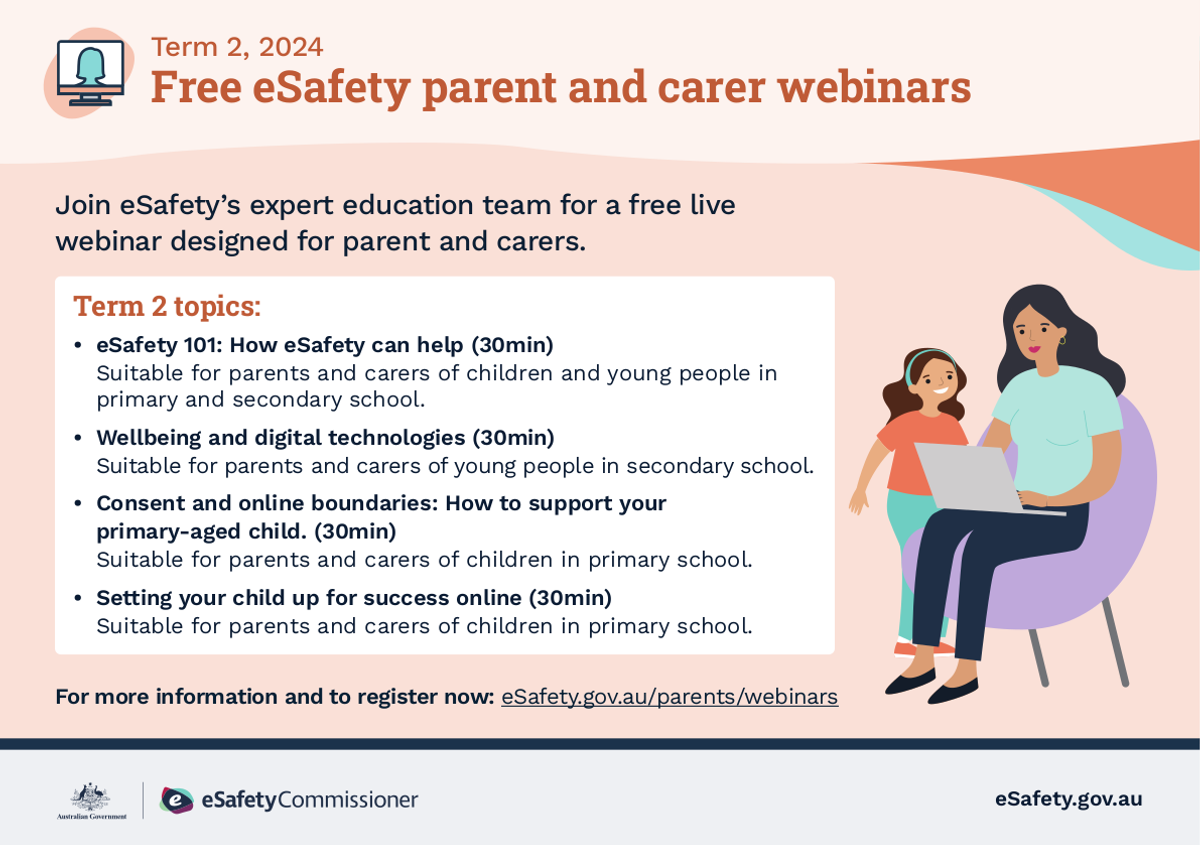Wellbeing
@ LPS

Wellbeing
@ LPS
Resilience refers to the ability to manage everyday stressors and challenges. Resilience enables people to shift back along the mental health continuum towards good mental health. A child's ability to be resilient can depend upon many things and can change depending upon their situation. Importantly, specific situations or events that one child or young person may find challenging, another may not.
Resilience has been associated with better academic performance and behaviour and, longer-term, is associated with greater life opportunities (including employment and satisfying relationships). Children and young people with greater levels of resilience are better able to manage stress.
When children overcome setbacks and problems, it builds their confidence and helps them feel more capable the next time a problem comes up.
Resilient children are often good at solving problems and learning new skills. This is because they’re more willing to try again even if things don’t go the way they want the first time.
And when things don’t go well and children feel anxious, sad, disappointed, afraid or frustrated, resilience helps them understand that these uncomfortable emotions usually don’t last forever. They can experience these emotions and know they’ll be OK before too long.
Resilient children are less likely to avoid problems or deal with them in unhealthy ways. Resilient children are also likely to have better physical and mental health than children who struggle to be resilient.
Children learn resilience through experience. Each time your child overcomes a problem, it builds their confidence in their ability to handle the next challenge.
Here are some ways you can build your child’s resilience:
-Raising Children Network, Be You
Some book ideas about resilience that you might like to read across all ages...


Sites you might like to visit for practical ideas and further information:
Building Resilience in Kids | Parentline
How To Raise Resilient Children Who Never Give Up | Big Life Journal
How to Build Resilience in Children and Teens | Big Life Journal
eSafety


Please visit the eSafety website for dates, times and to register. All sessions are free.
Head to Health
Catholic Care
Kids Helpline